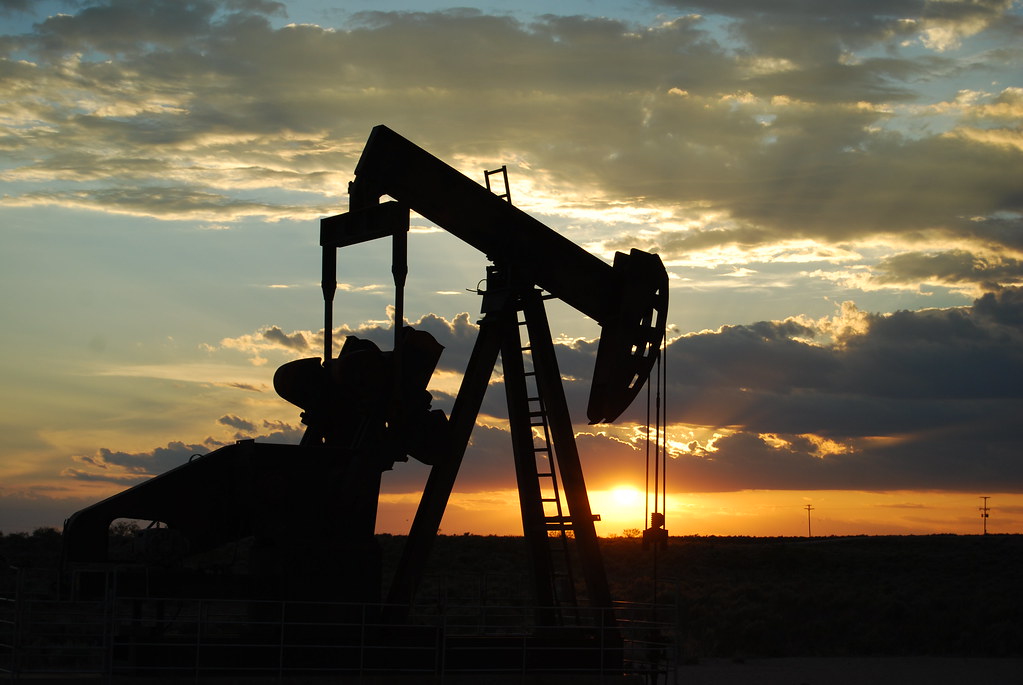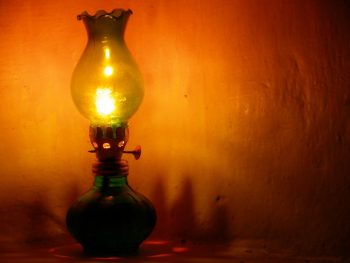20 Years of Attempting to Diversify the Russian Economy – Part I Posted by Nadya on May 27, 2020 in History
– We wanted to wean off oil dependency… – We wanted to do that, and we are gradually weaning off it, by the way. We are really moving away from it, because the share of non-oil and non-gas revenues is growing. But this requires time, and it cannot be done at the drop of a hat. Putin’s Interview to TASS March 4, 2020
In the previous blog, I mentioned the “oil needle” problem in Russia. I would like to elaborate on this crucial matter for the whole country lifestyle.
The export of the natural resources (приро́дных ресу́рсов) is a significant part of the Russian economy. President Vladimir Putin repeatedly spoke of the need to diversify the economy (диверсифици́ровать эконо́мику) away from its dependence (зави́симость) on oil and gas: in 2001, 2004, 2006, 2007, 2008, 2012, 2016, 2018 and 2020. However, it looks like the diversification process does not go smoothly.
In 2014, the share of oil and gas revenues (до́ля нефтега́зовых дохо́дов) in The Federal budget of Russia (Федера́льном бюдже́те Росси́и) exceeded the share of non-oil and gas revenues, accounting for an incredible 51%. At the beginning of 2020, it was around 40%. The crises of those years have clearly demonstrated the danger of such a revenue sharing (распределе́ние дохо́дов) for the economy.
Such an excessive relying on crude hydrocarbons exports (э́кспорт углеводоро́дного сырья́), combined with a decrease in demand on oil and gas in the global market, led to a budget shortage (дефици́т бюдже́та). Environmental reasons are also an important factor. The exhaustibility of natural resources and pollution of places of extraction (ме́ст добы́чи), refining of petroleum products (перерабо́тки нефтепроду́ктов), and their waste, continue to be one of the world’s big problems today.
Thus, a severe dependence on hydrocarbon production, which Russia inherited from the Soviet Union, can dramatically undermine the economy in sharp changes in oil and natural gas prices. That was one of the factors of the collapse of the USSR.
For better understanding how Russia’s dependence on oil and gas resources began, let’s look at the history of the petroleum industry (нефтяно́й промы́шленности).
Acquaintance with Petroleum
The first mention of crude oil (сыро́й не́фти) sources (исто́чники) on Russia’s territory is in the treatise of the Byzantine emperor Konstantin Bagryanorodny in the 10th century. In ancient Russia, oil was used in medicine, painting, and incendiary products. It was so abundant that oil actually seeped up from cracks in the ground. People also collected oil from the surface of the water and used it as a lubricant.
In 1684, oil was discovered in the Irkutsk Ostrog area 1An area of Eastern Siberia by Leonty Kislyansky 2An administrator, similar to a head of a fortress. He went to Irkutsk for prospecting for deposits of exploitable minerals (месторожде́ния поле́зных ископа́емых). Locals told him that the unknown steam was coming out of the mountain, and there was no snow in winter and no grass in summer in that place. Having cleared the exit point of the gases, he finally became convinced that he had discovered “real oil” there.
A few more new oil discoveries were reported until 1745, when the first serious oil production began.
The beginning of the oil industry
In 1745, Fedor Pryadunov 3A Russian entrepreneur, who was a pioneer of the domestic oil business, began oil production (добы́чу не́фти) in the area of the Ukhta river in the Komi Republic 4Northwestern Federal District, a part of the Northern Economic Region. He designed an oil refinery (нефтеперераба́тывающий заво́д) and made a warehouse for storing raw materials (сырьё). That was the innovative process of mining (добы́чи поле́зных ископа́емых).
At the beginning of the 19th century, the Caucasus 5An area between the Black Sea and the Caspian Sea became Russia’s central oil production region.
1853 is famous for inventing the first modern kerosene (кероси́н) lamp. In St. Petersburg and Moscow, the new lighting system became widespread in 1863, which highly increased the demand for oil and petroleum products.
Obviously, in vast Russia, oil was supposed to be in different parts of the country. But in practice, the oil industry was monopolized geographically. Almost all oil was extracted (была́ добы́та) in Baku 6Currently, the capital of Azerbaijan, away from all major industrial centers (промы́шленных це́нтров) and significant trade routes (торго́вых путе́й). In the Kuban7A region of Southern Russia, a primitive way by drawing oil in buckets from wells was used for oil extraction. This method was not suitable.
The first production well (эксплуатацио́нная сква́жина) was drilled (была́ пробурена) in the Kuban in 1864. In 1865, Colonel Ardalion Novosiltsev 8Colonel from the Novosiltsev clan, a participant in the Caucasian and Crimean war, the founder of mechanized oil drilling in Russia, the first oil producer in the Kuban contacted the Military Directorate with a land grant proposal, asking for a series of Kuban Cossack Host lands for eight years for oil production by drilling. He came there with a mechanic, a locksmith, and a mining engineer. Finally, in 1866, at a depth of 123.5 feet, they struck Russia’s first oil gusher in Well No. 1. That was the beginning of the industrialization of oil production in Russia, and the country has never looked back.
I will continue telling about the history of the oil industry in Russia, and will share its forecasts for the future. You also will know if Russia is ready for its economic diversification.
- 1An area of Eastern Siberia
- 2An administrator, similar to a head of a fortress
- 3A Russian entrepreneur
- 4Northwestern Federal District, a part of the Northern Economic Region
- 5An area between the Black Sea and the Caspian Sea
- 6Currently, the capital of Azerbaijan
- 7A region of Southern Russia
- 8Colonel from the Novosiltsev clan, a participant in the Caucasian and Crimean war, the founder of mechanized oil drilling in Russia, the first oil producer in the Kuban

Build vocabulary, practice pronunciation, and more with Transparent Language Online. Available anytime, anywhere, on any device.






Comments:
David:
Very interesting article and very nostalgic for me. I first got into Russian through industrial chemistry and some of the first words I learned were не́фт, углеводоро́д etc. Through trying to read Russian patents, I was familiar with present active participles ending in -ющий at a much earlier stage than they are usually introduced in Russian courses.
Nadya:
@David That was not a typical way of learning a language. Thank you for sharing your experience!
Johnny:
Very interesting, thank you.
Nadya:
@Johnny Thank you, Johnny!